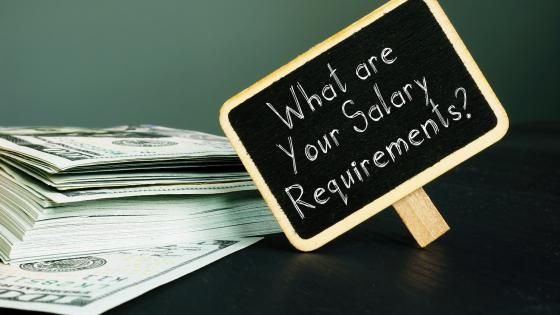DP6645 Rhineland Exit?
We argue in favour of the shareholder model of the firm for three main reasons. First, serving multiple stakeholders leads to ill-defined property rights. What sounds like a fair compromise between stakeholders can easily evolve in a permanent struggle about the ultimate goal of the company. Second, giving workers a claim on the surplus of the firm raises the cost of capital for investments in jobs. Third, making shareholders the ultimate owner of the firm provides the best possible diversification of firm-specific risks. Diversification of firm-specific risk on capital markets is an efficient form of social insurance. Hence, firms should bear the full cost of specific investment, while workers should be paid only their outside option.
Empirical results for Denmark, Portugal and the United States show that Denmark is closest to the first-best outcome, while Portugal and the United States deviate in different ways. Coordination in wage bargaining and collective norms help reduce the claim of workers on the firm?s surplus. Collective action, however, is a mixed blessing because politicians also face the temptation to please incumbent workers with short-run gains at the expense of exposing workers to firm-specific risks and reducing job creation. The transition from the Rhineland towards the shareholder model is fraught with difficulties. While society reaps long-run gains in efficiency, in the short run a generation of insiders has to give up their rights.

